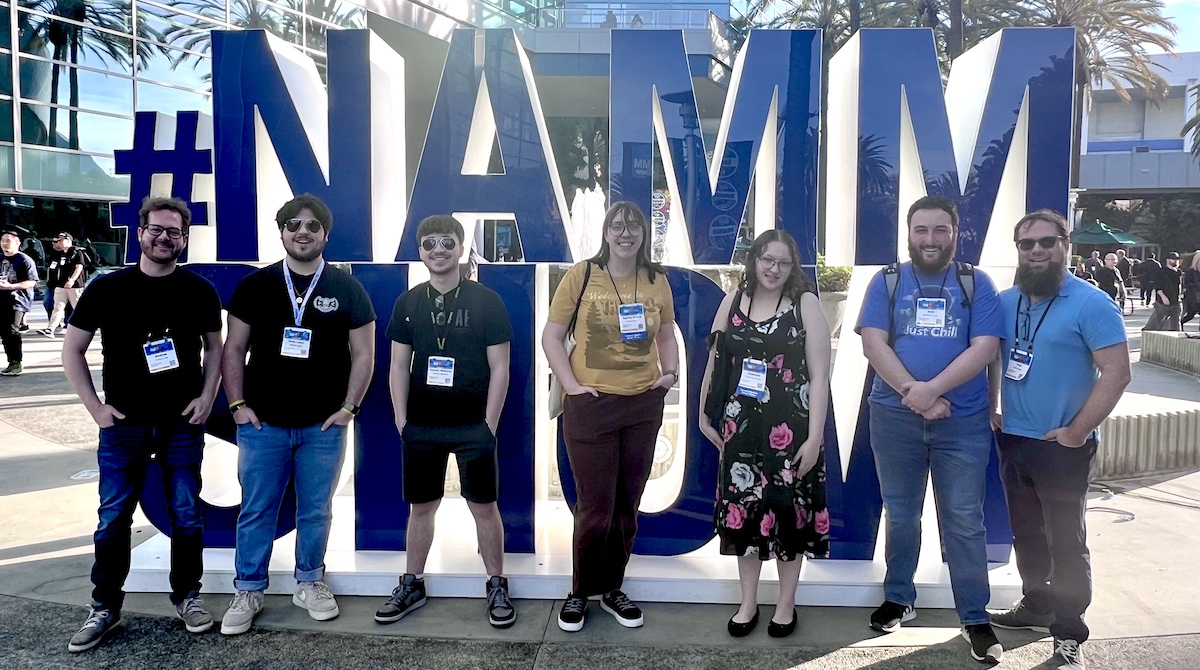Assessment
Assessment in higher education involves measuring the educational effectiveness and quality of an institution’s academic portfolio.
Assessment occurs at five major levels:
- Individual student learning in a course
- Individual student learning across courses
- Multiple student learning in an academic course
- Academic program and student learning outcome assessment
- Institutional effectiveness in preparing students for post-graduate success
Overview
In collaboration with individual faculty, departments/programs, Deans, the Faculty Senate Assessment Committee, and CETL, the Office of Institutional Effectiveness supports faculty, staff, and administrators in their efforts to conduct assessments and use the results to improve student learning and ensure program quality.
Linda Suskie (2010) noted that in higher education:
“Too many of us are separating work on assessment from work on improving teaching and learning, when they should be two sides of the same coin. We need to bring our work on teaching, learning, and assessment together. We need organizations, conferences, publications, and grant funding on the triumvirate of teaching, learning, and assessment, not just teaching and learning or just assessment.”
The Office of Institutional Effectiveness supports faculty and academic programs in promoting existing practices, as well as developing and utilizing a range of assessment approaches and tools that are appropriate and useful to faculty in helping assess teaching and learning. There is no one-size-fits-all approach at Merrimack. Student learning assessment needs to be faculty-based, approached with common sense, and molded to have real impact and value to the faculty member and/or academic department/program.
Merrimack’s Institutional Learning Outcomes
Merrimack College’s mission, which is inspired by the Catholic faith and the Augustinian tradition, is to enlighten minds, engage hearts, and empower lives. This mission calls us to engage actively the passion and emotion of our hearts with the discipline provided by intellect and reason. Our shared purpose as a community is to cultivate the intellectual, ethical, spiritual, physical, and personal awareness needed to make wise choices for life, career, and service. We achieve these aspirations through a diverse and integrated curriculum that includes signature learning experiences, scaffolded opportunities for collaborative learning, experiential education, and self-awareness. These goals are manifested through four interconnected and rigorously supported institutional learning outcomes.
Merrimack College graduates are able to demonstrate:
- Intellectual Capacity: An ability to acquire, critique, create, and share knowledge as a community of scholars through multiple methods of investigation and analysis, following the Augustinian tradition of seeking truth through inquiry and dialogue.
- Personal and Social Values: An ability to examine, articulate, and situate one’s own values and experiences in relation to a diversity of values and experiences across religious — including the Augustinian tradition — social, historical, cultural, and institutional contexts.
- Civic-Mindedness and Service: An ability to apply and integrate knowledge to find solutions for social, civic and scientific problems in local, national, and global communities in the service of peace and justice for the common good.
- Reflective Practice: An ability to engage in and evaluate applied experiences through guided reflection in the service of developing self-awareness and professional formation.

